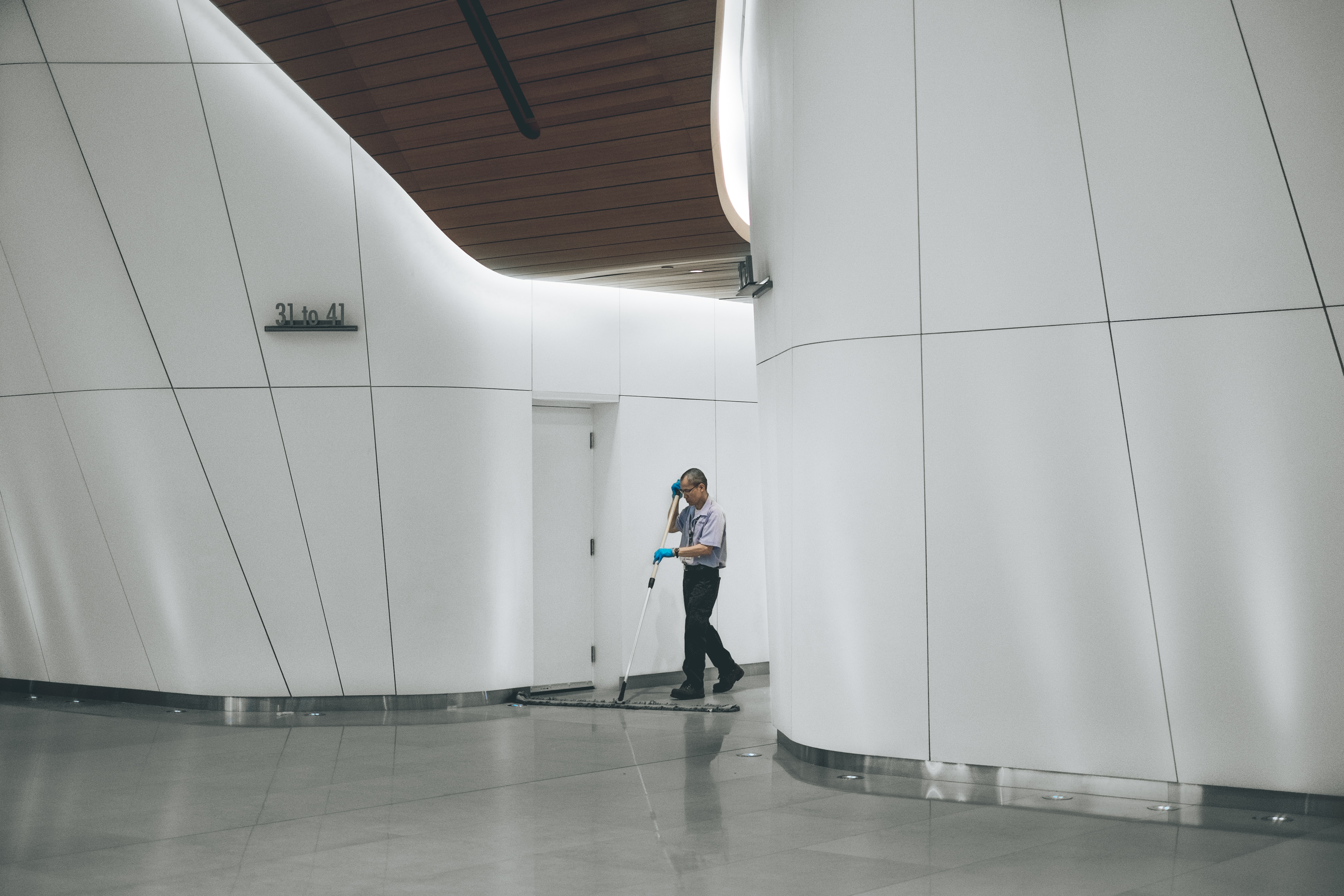Friday news roundup November 27, 2020

The gender pay gap in Australia is no closer to diminishing. According to data from the Australian government statutory body, Workplace Gender Equality Agency (WGEA), women will continue to be paid less than men for decades. The head of the agency also cautioned that almost half of the country’s employers are not working toward reducing the gender pay gap. The data from WGEA shows that men earned just over 20% more than women in 2019–2020 which equates to $25,500 more a year. Whilst the agency hasn’t predicted when the pay gap will close, if improvements continue at the same rate going forward, the gender pay inequality will continue to almost 2050. The data is based on private businesses who have 100+ employees and, of those measured, only 54% were found to be taking steps to diminish the gap within their company. “Closing the pay gap is not that difficult. If every employer today did a pay gap analysis to understand where the problems lie and then put a plan in place the gender pay gap would close very quickly,” WGEA director Libby Lyons commented.
US unemployment benefit claims rose to 778,000. Last week the total for initial jobless benefits claims went up to 778,000—a marked sharp increase from 742,000 the week before. Economists had initially predicted the numbers to be around 730,000 but the rising Covid-19 infections in the country are putting more and more pressure on the labor market. The weekly total is still lower than the nearly seven million people who claimed benefits during the peak in March but it is still way above pre-Covid levels, which were around 200,000 a week. “An uptick this far into the crisis underscores that the coronavirus continues to batter the economy, and the magnitude of initial claims shows no respite from new damage,” AnnElizabeth Konkel, an economist at Indeed recruitment commented. Economists are also concerned that millions of jobs across multiple service-sector industries can disappear. Jeffrey Wenger, senior policy researcher at RAND Corporation believes that: “The unemployment insurance system was never intended to fill the enormous gaps in today’s labor market. Unemployment insurance is designed to deal with frictional unemployment—your skills are still useful, there's still a market for your work. Structural unemployment is not like that.”
Covid-19 is raising urban inequality. According to experts, we are now globally in the midst of an urban inequality emergency and, according to world-renowned sociologist and architect Richard Sennett, unless we begin work on reducing it, inequality will affect the design and function of cities for decades. In most cities in Australia at the moment, the main question revolves around whether and how to return to the office. However, Professor Sennett, a senior advisor to the UN on cities and climate change, believes that for many, the choice is not available. He argues that a big divide has been created between the working class and the wealthier upper classes. “If you're a cleaner or you pick up garbage, you can't work remotely from home. You can't be a clerk in a supermarket remotely. Working remotely is a privilege of the middle class.” he commented. Michele Acuto, director of the Connected Cities Lab at the University of Melbourne also believes that we are facing a worldwide inequality crisis. The difference is, he says, that the crisis originated pre Covid-19: “The World Bank says a wave of 70 million new people will be put in poverty by the crisis—up to 700 million people internationally with poverty conditions because of the crisis. We knew about it, we knew about housing, mobility and transport conditions. So, we should probably not be shocked by what has happened.”